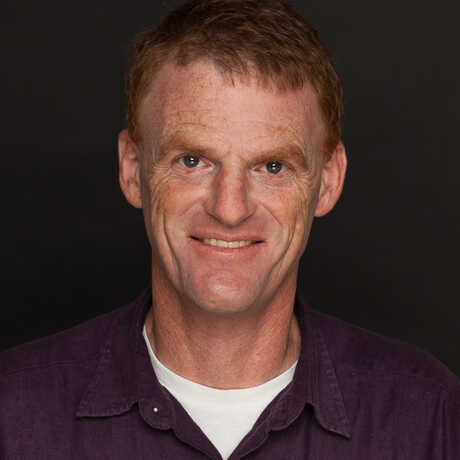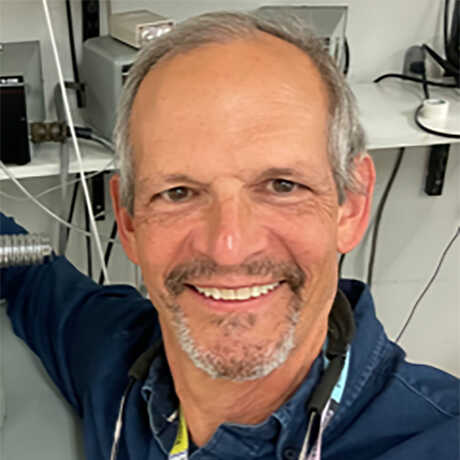Matthew Lewin, MD, PhD, FACEP
Director, Center for Exploration and Travel Health
Fellow, California Academy of Sciences
Dr. Lewin is an internationally recognized expert in the practice of emergency medicine and wilderness medicine. He has served as doctor on major scientific expeditions sponsored by the American Museum of Natural History, the Field Museum, Kellogg Foundation, and National Geographic funded scientific expeditions, is the author of several book chapters in leading texts on wilderness medicine, and is a regular contributor to major, peer-reviewed publications such as Annals of Emergency Medicine, Lancet, Journal of Emergency Medicine, and Wilderness and Environmental Medicine. He is a life-member of the Wilderness Medicine Society and in 2010 became a Fellow of the American College of Emergency Physicians in recognition of his academic accomplishments in the field. He was director of Emergency Medicine Research at UCSF from 2003 until 2009. He is a popular invited speaker on his research and clinical interests in wilderness and pre-hospital medicine worldwide having lectured on a regular basis at national and international meetings in Europe and Asia. Since 2008, he has been the California Academy of Sciences emergency medicine liaison to UCSF. He has played an active role in developing and testing protocols for the safe handling and first aid of Academy and Steinhart Aquarium employees potentially exposed to venomous animals housed on Academy grounds and on display to the public. Dr. Lewin’s current research focuses on the global expansion of treatments for snakebite. He was the 2017 winner of the UCSF John L. Ziegler Outstanding Mentorship in Global Health Sciences Award. He was the 2020-2021 University of Texas/MD Anderson Cancer Center Graduate School of Biomedical Sciences Alumnus of the Year and has been a member of the WHO Snakebite Envenoming Working Group since its inception in 2017. He is a Fellow of the California Academy of Sciences and a Grantee of the Wellcome Trust Foundation.

